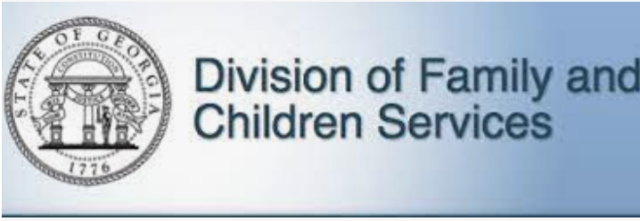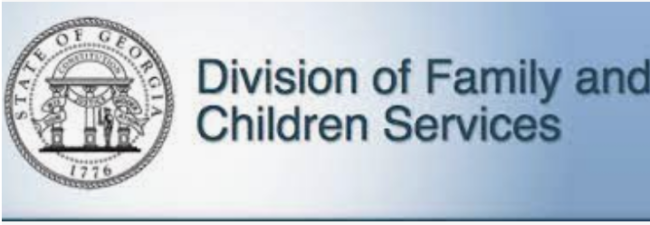
ATLANTA — The Low-Income Household Water Assistance Program (LIHWAP), administered by the local Community Action Program, is accepting applications for assistance. The 2021 federally-funded program assists low-income households with past due water bills through direct payments to their home water suppliers.
Assistance will be provided to Georgia residents through the local Community Action Agencies in the following priorities:
| Phase | Dates | Priority Group |
| Phase 1 | Nov. 1 through Dec. 31, 2021 | Families with past due water bill arrearages |
| Phase 2 | Jan. 1, 2022 | Household with elderly (60 years of age and older) members, or with children five years of age and younger
*Candidates do not need to have an arrearage
|
| Phase 3 | Feb. 1, 2022 | All other eligible residents |
LIHWAP funds will be administered through local Community Action Agencies (CAAs) until all funds are exhausted. To qualify for LIHWAP, a family’s annual income must be less than or equal to 60 percent of the median income for a Georgia family. For a household of one, the income threshold is $26,474; the income threshold for a household of five is $59,057.
Families seeking assistance must contact their local CAA during the appropriate priority period. All applicants must provide the following:
- Most recent water bill or statement of service from their water service providers;
- Social Security numbers for each member of the household;
- Proof of Citizenship for each member of the household;
- Proof of Income for the last 30 days for each adult member of the household; Proof of Income can include, but is not limited to, a paycheck stub or a letter granting public assistance, and,
- Social Security or unemployment benefits for all household members, if applicable.
For more information on the program, send an email inquiry to DHS at liheap-csbg-lihwap@dhs.ga.gov. To find a CAA in your area, visit http://www.georgiacaa.org.
About Georgia DFCS
Division of Family and Children Services (DFCS) administers foster care for children removed from their homes for their protection when they have been subjected to abuse and neglect. It is responsible for the investigation of reports of child abuse; recruitment of foster homes for abused and neglected children; issuance of SNAP, Medicaid, TANF and childcare assistance to low-income families; assistance for out-of-work parents to help them get back on their feet as well as multiple support services and programs to help families in need.


![Validate my RSS feed [Valid RSS]](https://web.archive.org/web/20240108205913im_/https://ocgnews.com/wp-content/uploads/2022/07/valid-rss-rogers.png)


